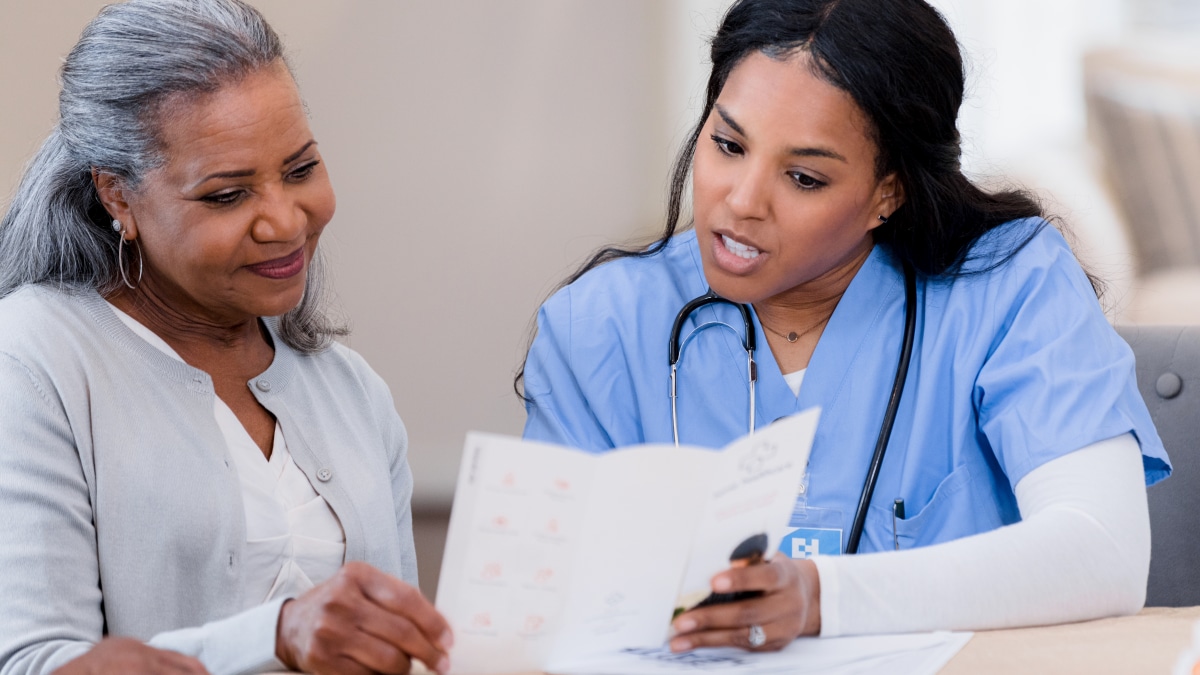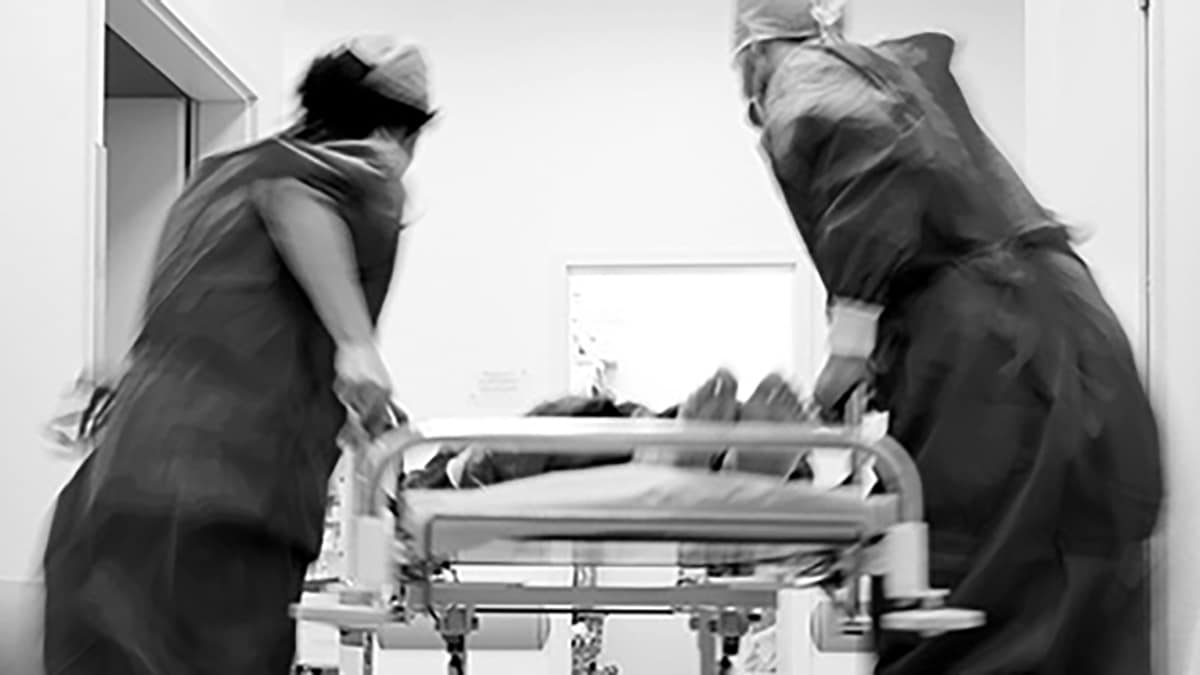Key points
- Preventing infection, practicing good hygiene, knowing the signs and symptoms, and acting fast are four ways to reduce your risk of sepsis.
- If you have cancer, there are additional ways to reduce your risk of infection.
Prevention strategies
Prevent infections
Talk to a healthcare provider about steps you can take to prevent infections that can lead to sepsis, including:
- Consider wearing a mask when around people outside your household during periods of high respiratory virus activity.
- Get recommended vaccines, since vaccinations can prevent or reduce the severity of some infections that can lead to sepsis.
- Take good care of chronic conditions, such as diabetes, lung disease, cancer and kidney disease, that can increase risk for sepsis.
Practice good hygiene
- Keep cuts and wounds clean and covered until healed.
- Keep hands clean.
Know sepsis signs and symptoms
A person with sepsis might have one or more of the following signs or symptoms:
- Clammy or sweaty skin
- Confusion or disorientation
- Extreme pain or discomfort
- Fever, shivering or feeling very cold
- High heart rate or weak pulse
- Shortness of breath
Act fast
Sepsis is a medical emergency. If you or your loved one has an infection that's not getting better or is getting worse, act fast. Get medical care immediately. Ask a healthcare provider, "Could this infection be leading to sepsis?" and if you should go to the emergency room. A healthcare provider should immediately evaluate and treat people who might have sepsis.
People with cancer
Having cancer and receiving cancer treatments like chemotherapy can make your body unable to fight off infections.
Treatment from your healthcare provider and the following suggestions can help prevent infections:
- Carefully wash raw fruits and vegetables.
- Clean your hands frequently.
- Clean your teeth and gums with a soft toothbrush, and if your healthcare provider recommends one, use a mouthwash to prevent mouth sores.
- Cook meat and eggs all the way through to kill any germs.
- Do not share food, drink cups, utensils or other personal items, such as toothbrushes.
- During periods of high respiratory virus activity, consider wearing a mask when around people outside your household.
- Get the seasonal flu shot as soon as it is available.
- Protect your skin from direct contact with pet bodily waste (urine or feces) by wearing vinyl or household cleaning gloves when cleaning up after your pet. Wash your hands immediately afterward.
- Shower or bathe daily and use an unscented lotion to prevent your skin from becoming dry and cracked.
- Try to avoid crowded places and contact with people who are sick.
- Try to keep all your household surfaces clean.
- Use gloves for gardening.


